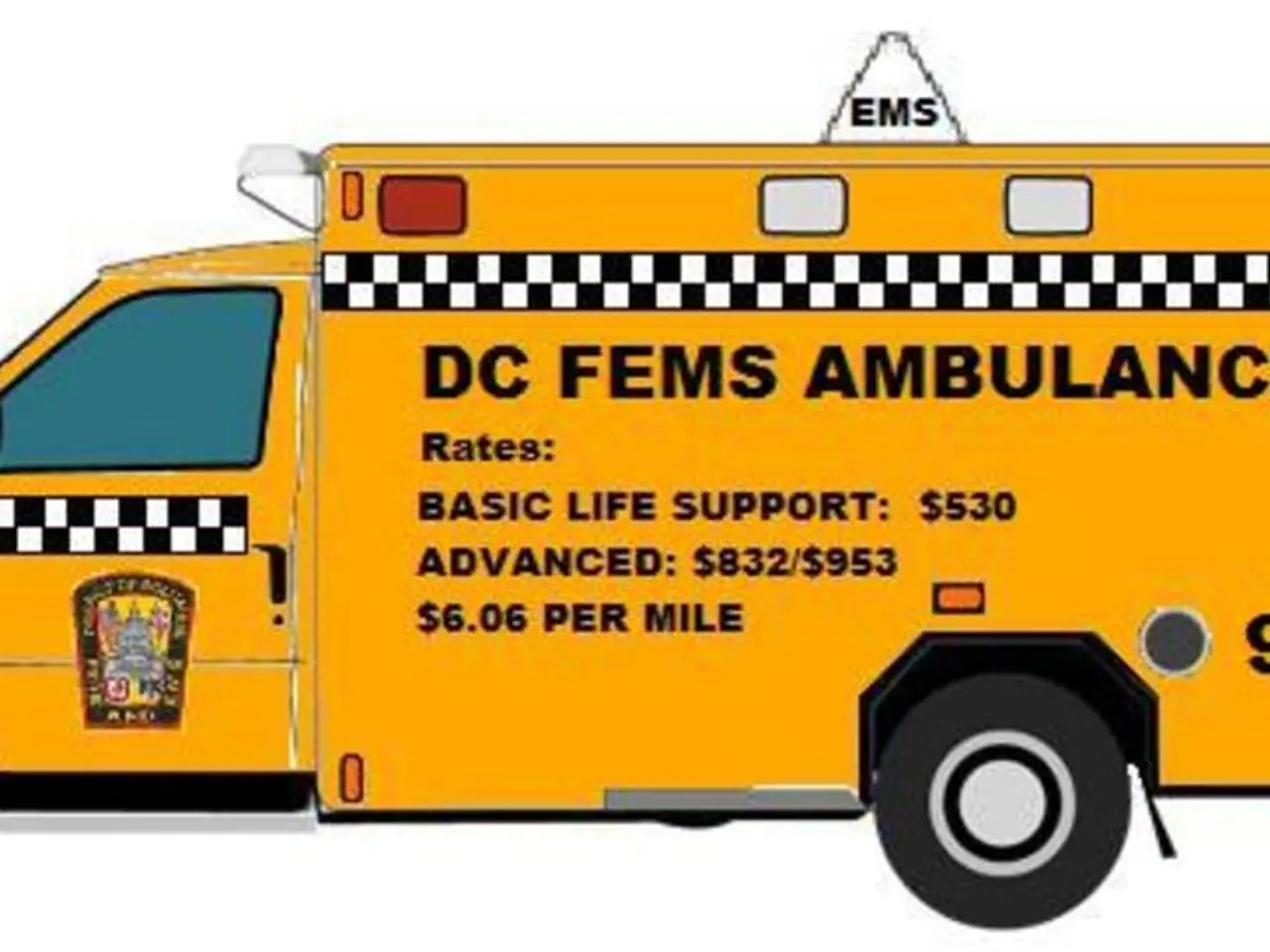Coalition advocates for mandatory resuscitation training in schools - Forcing mandatory education to rejuvenate the DRC
Mandatory CPR Instruction in Schools: A Comparative Approach Between Denmark and Mecklenburg-Vorpommern, Germany
In a bid to improve resuscitation rates and save lives, Denmark and Mecklenburg-Vorpommern, a federal state in Germany, have taken different yet similar approaches to incorporate CPR training in their school curriculums.
Denmark's Approach
Denmark has integrated CPR training into its school curriculum as part of broader health and safety education. The objective is to increase population-wide competence in resuscitation techniques. The country emphasizes practical, hands-on CPR training during school years to improve bystander CPR rates and survival outcomes from cardiac arrest.
Germany's Approach
Germany has seen growing advocacy for mandatory CPR instruction in schools. Mecklenburg-Vorpommern, among other federal states, has moved towards implementing mandatory CPR classes in secondary schools (Gymnasien and Hauptschulen) as part of health education or emergency training. The focus is on practical skills and enabling students to perform effective CPR in real situations.
In Mecklenburg-Vorpommern, training typically includes video-assisted and hands-on practice supervised by qualified instructors, often paramedics or emergency physicians. This aligns with evidence that practical, simulation-based CPR training improves rescuer performance.
Key Points of Comparison
| Aspect | Denmark | Germany (incl. Meck.-Pomm.) | |--------------------------|----------------------------------------|------------------------------------------| | CPR training in schools | Mandatory, early integration, hands-on | Increasingly mandatory, focused on practical skills | | Approach | Practical simulation plus online support | Brief hands-on training with video and simulation | | Institutional support | National policy and health education | Federal state policies vary; Mecklenburg-Vorpommern active | | Training providers | Qualified instructors, often within school | Paramedics, emergency physicians, trained educators | | Goal | High bystander CPR rates, early recognition | Effective resuscitation skills, error recognition |
Supporting Evidence
Real-life or simulator-based CPR training leads to significantly better performance than purely theoretical or web-based instruction. In Germany, short, targeted trainings have been validated to improve key CPR skills such as compression depth recognition, which is critical for successful resuscitation.
Limitations
The search results do not provide explicit legislative documents or detailed curricular content for Mecklenburg-Vorpommern, but the presence of controlled studies and the trend toward mandatory CPR education at the school level in Germany support that Mecklenburg-Vorpommern follows similar standards.
The Future of CPR Instruction in Germany
The German Red Cross (DRK) has called for mandatory CPR instruction in schools nationwide. The DRK federal physician, Bernd Boettiger, emphasizes that CPR training can save lives. The DRK offers support in the implementation of this mandatory instruction. North Rhine-Westphalia and Hesse have already decided to implement mandatory CPR instruction for students after successful model projects.
This move towards mandatory CPR instruction in schools reflects a growing recognition of the importance of equipping young people with the skills to respond effectively in emergency situations. As more states adopt this approach, Germany is set to follow in the footsteps of Denmark, improving resuscitation rates and saving lives.
- Within the context of education-and-self-development, Denmark and Germany, particularly Mecklenburg-Vorpommern, have incorporated vocational training in CPR into their school curriculums, promoting learning and self-improvement by fostering a loss-saving skill.
- Amidst discussions on health-and-wellness and fitness-and-exercise, the emphasis on practical vocational training in CPR is not limited to resuscitation but also extends to error recognition, aligning it with science and critical thinking.
- In line with evidence from the science field, both Denmark and Mecklenburg-Vorpommern, Germany prioritize simulation-based learning and hands-on practice for their vocational CPR training, ensuring effective learning outcomes and vocational competence.




